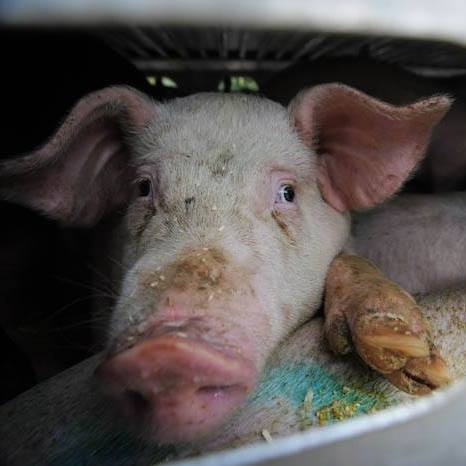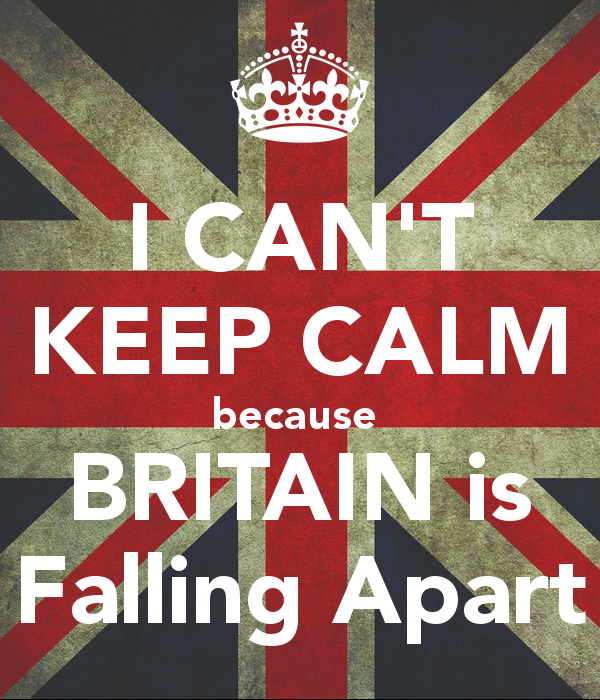Dogs are undeniably brilliant. They can communicate (some of) what they want and what they know, and they can perceive (some of) what other dogs as well as humans want and know. Stella is especially brilliant.
But neither Stella, nor any other dog, nor any other animal other than human, has language. They cannot communicate linguistically, which means propositionally.
Here is the simple reason why. (This example is just theoretical: I love to have my cat on my bed!):
A “sentence” is not just a string of words.
Pick the simplest of simple sentences: “The cat is on the bed”
If you have a cat and you have a bed, Stella can learn to “call” them “cat” and “bed by pressing a button that says “cat” and “bed.”
And Stella is definitely smart enough to learn (from your behavior) if you don’t want your cat to go on your bed. (You speak sternly to your cat when he goes on your bed, and you shoo him off.)
So, knowing that, Stella is definitely smart enough to go get you and bring you to the bed when she has seen that the cat is on the bed. She knows you don’t want him to do that, and maybe she also likes to see you shoo him off the bed.
All that is really there: She really does know all that; and she is really communicating it to you, intentionally.
And no doubt she can also learn to communicate it to you by pressing the buttons “cat” “on” “bed” (in place of herding you to the bed the old way).
All of that is incontestably true.
But Stella cannot say “(The) cat (is) on (the) bed.” — And not because she does not yet have a button for “the” and “is.” You could train those too.
The reason Stella cannot say “The cat is on the bed” is that “The cat is on the bed” is a subject/predicate proposition, with a truth-value (true). And if Stella could say and mean that proposition, then she could say and mean any and every proposition — including this very sentence, which is likewise a subject/predicate proposition, with a truth-value (true).
But she cannot. And if she cannot make any and every proposition, then she cannot make a proposition at all.
You will want to reply that it’s just because she doesn’t yet have all the necessary vocabulary (and, for the more complex sentence, she also does not have the interest).
But being able to say and mean any and every sentence is not just a matter of vocabulary. It is a capacity that comes with the territory, if you can really say and mean any proposition at all.
“(The) cat (is) on (the) bed” is not a string of words that you say whenever the cat is on the bed, any more than “bed” is just a sound you utter whenever you are looking at a bed.
Nouns are not just proper names of individuals. A bed is a kind of thing, a category of which all beds are members. So if the word “bed” refers to anything at all, it refers to a category, not an individual.
But dogs can categorize too. To categorize is to do the right thing with the right kind of thing (lie on beds and not-lie on thumbtacks). Dogs (like all mammals) can categorize — and learn to do the right thing with the right kind of thing.
One of the things we can learn to do with a category is name it: “ (a) bed.”
But “bed” is not just a sound we make whenever we see a bed. It is a sound we make whenever we have a bed in mind. Whenever we wish to refer to a member of the category “bed.”
Another thing we can do is to describe a bed: “(a) bed is soft” (not true, but ok for an example).
But “bed is soft” is not just a string of sounds we make whenever we see or have a soft bed in mind. It is a subject/predicate proposition, stating something to be true about the members of the category “bed”: that they are soft.
Now you may think that Stella can say and mean a proposition too.
How could that be tested one way or other?.
We have the cue in a property of human language (the only kind of language there is: the rest is just intentional communication capacities, which Stella certainly has): There is no such thing as a “partial language” — one in which you can make this proposition but not that.
If you have any language at all, you can make any proposition. Vocabulary and prior knowledge are not the problem. You can in principle teach Quantum Mechanics to any member of an isolated Amazon tribe that has had no contact outside his own community and language for thousands of years. You just have to teach the vocabulary and the theory, starting with the words they already have — which means through recombinatory propositions.
This kind of teaching is not training to “name” kinds of thing by their category names; nor is it training to “name” certain states of affairs (involving things and their properties) by certain strings of category names.
Teaching is using propositions (subject/predicate combinations of existing words) to communicate further categories (by defining and describing new categories, which may in turn have their own names. If you know the category to which “bed” refers and you know the category to which “soft” refers, you can communicate that beds are soft by just stating the proposition — if, that is, you have the capacity to express and understand a proposition at all.
There are deep unanswered questions here: Why is our species the only one that can communicate propositionally? Dogs (and apes and elephants and whales and crows) all seem brilliant enough to do it. Why don’t they? What do they lack? Is it specific cognitive capacity? Is it Chomsky’s Universal Grammar? Or is it just a motivational gap?
I don’t know. But I’m pretty sure that no other species has propositionality, otherwise some of them would be discussing it with us by now.
Harnad, S. (2011) From Sensorimotor Categories and Pantomime to Grounded Symbols and Propositions. In M. Tallerman & K. R. Gibson (eds): Handbook of Language Evolution, Oxford University Press.
Vincent-Lamarre, P., Blondin Massé, A, Lopes, M, Lord, M, Marcotte, O, & Harnad, S (2016). The Latent Structure of Dictionaries TopiCS in Cognitive Science 8(3) 625–659




